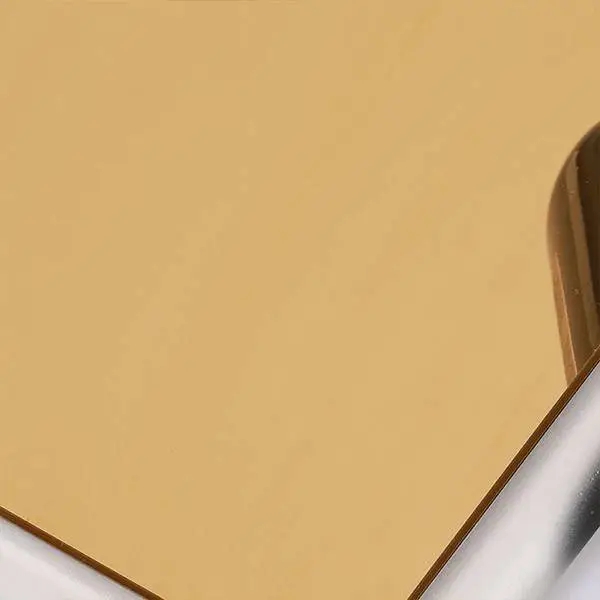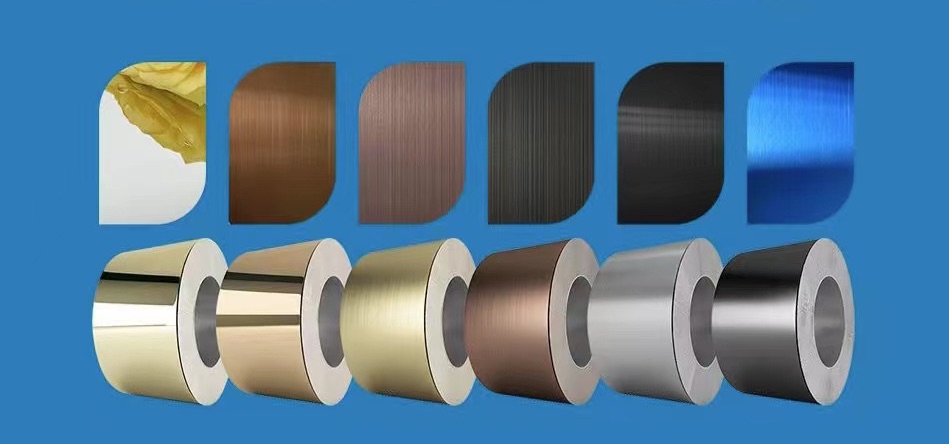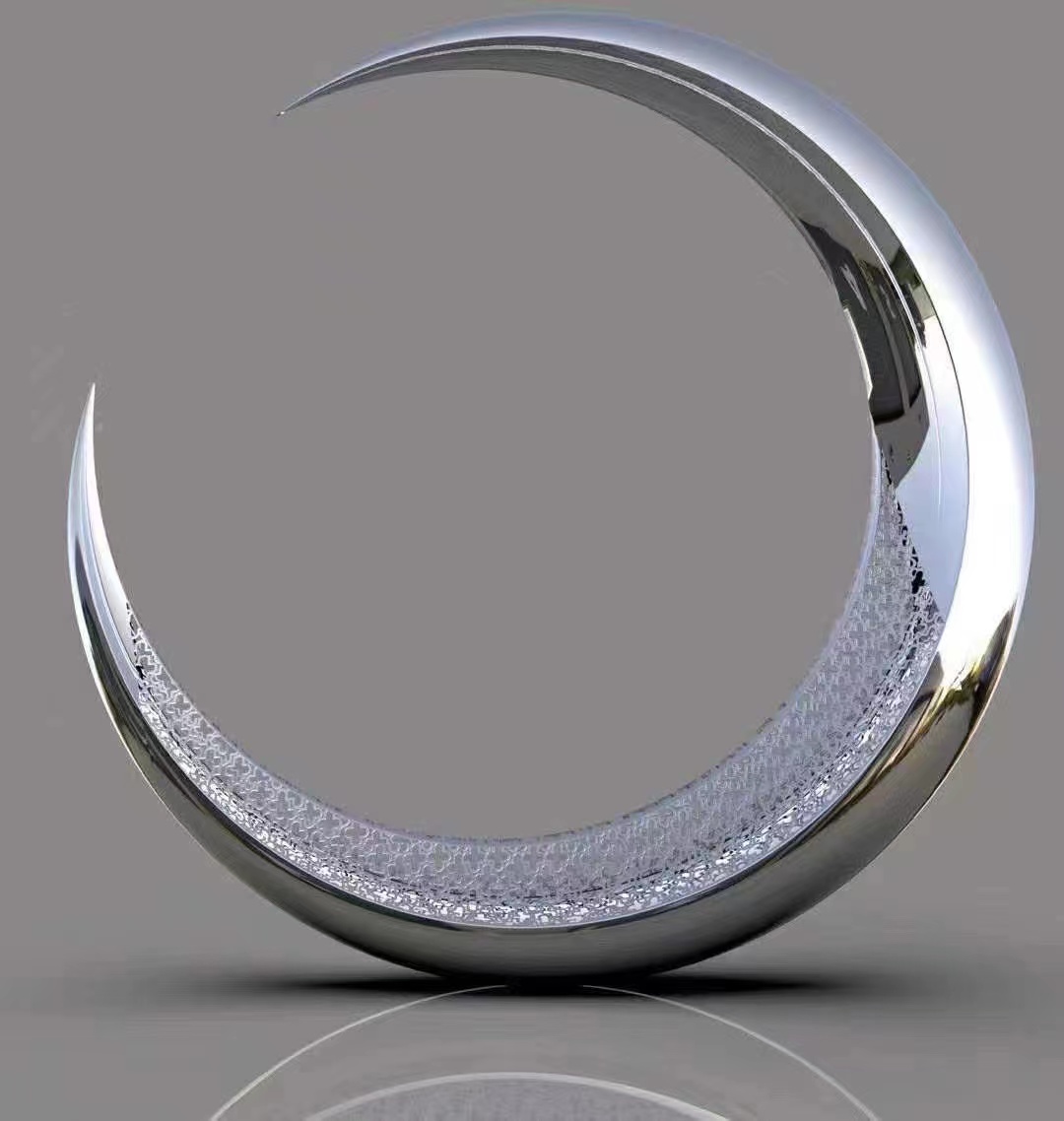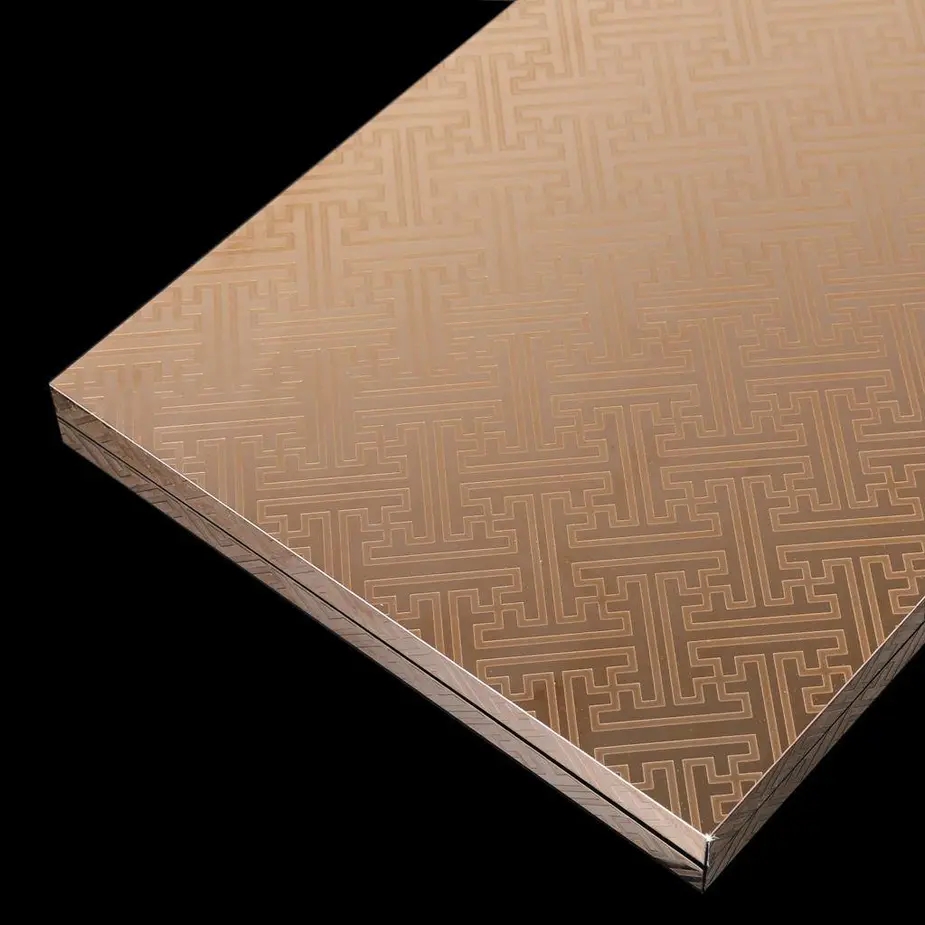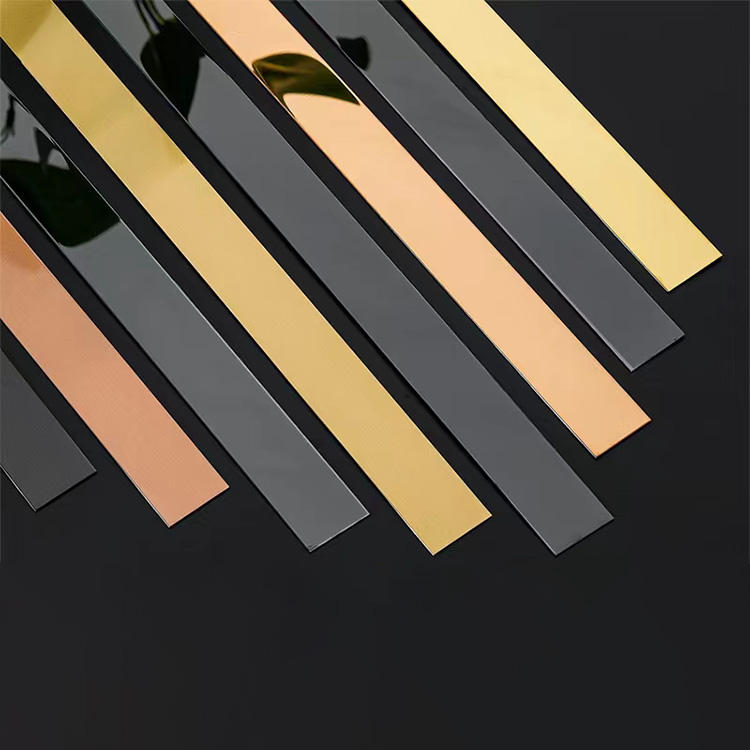Hair Line stainless coil is a widely used material in various industries due to its exceptional qualities, including its durability, corrosion resistance, and aesthetic appeal. At XINGUANGYUAN, we take pride in producing high-quality Hair Line stainless coil that meet the specific needs and requirements of our clients.
Applications of Hair Line stainless coil
Hair Line stainless coil finds application in a wide range of industries, including construction, automotive, aerospace, food processing, and medical equipment. The versatile material is used for various purposes, such as manufacturing kitchen appliances, heat exchangers, chemical processing equipment, and architectural components.
Pros of Hair Line stainless coil
Hair Line stainless coil offers several advantages, making it an excellent choice for many applications. Some of its pros include:
-
Corrosion resistance: Hair Line stainless coilcontains chromium, which makes it highly resistant to corrosion and staining.
-
Aesthetic appeal: The polished surface of Hair Line stainless coil gives it a sleek and modern look, making it an attractive choice for decorative applications.
-
Durability: Hair Line stainless coil is a durable material that can withstand harsh conditions and extreme temperatures.
-
Low maintenance: Hair Line stainless coil requires minimal maintenance, making it a cost-effective option in the long run.
Popular FAQs about Hair Line stainless coil
- What is the difference between Hair Line stainless coil and sheet?
Hair Line stainless coil is a continuous roll of steel that is wound up into a coil, while stainless steel sheet is a flat sheet of steel.
- What is the maximum temperature that Hair Line stainless coilcan withstand?
The maximum temperature that Hair Line stainless coilcan withstand depends on the specific grade of stainless steel. In general, most Hair Line stainless coil can withstand temperatures up to 1500°F (815°C).
- How is Hair Line stainless coil cleaned?
Hair Line stainless coil can be cleaned using a mild detergent and water. Harsh chemicals and abrasive cleaners should be avoided, as they can damage the surface of the steel.
Hair Line stainless coil is a versatile and durable material that is used in various industries due to its excellent properties. At XINGUANGYUAN, we offer high-quality Hair Line stainless coil that meet the specific needs and requirements of our clients. Whether you need Hair Line stainless coil for architectural components or chemical processing equipment, we have you covered. Contact us today to learn more about our products and services.

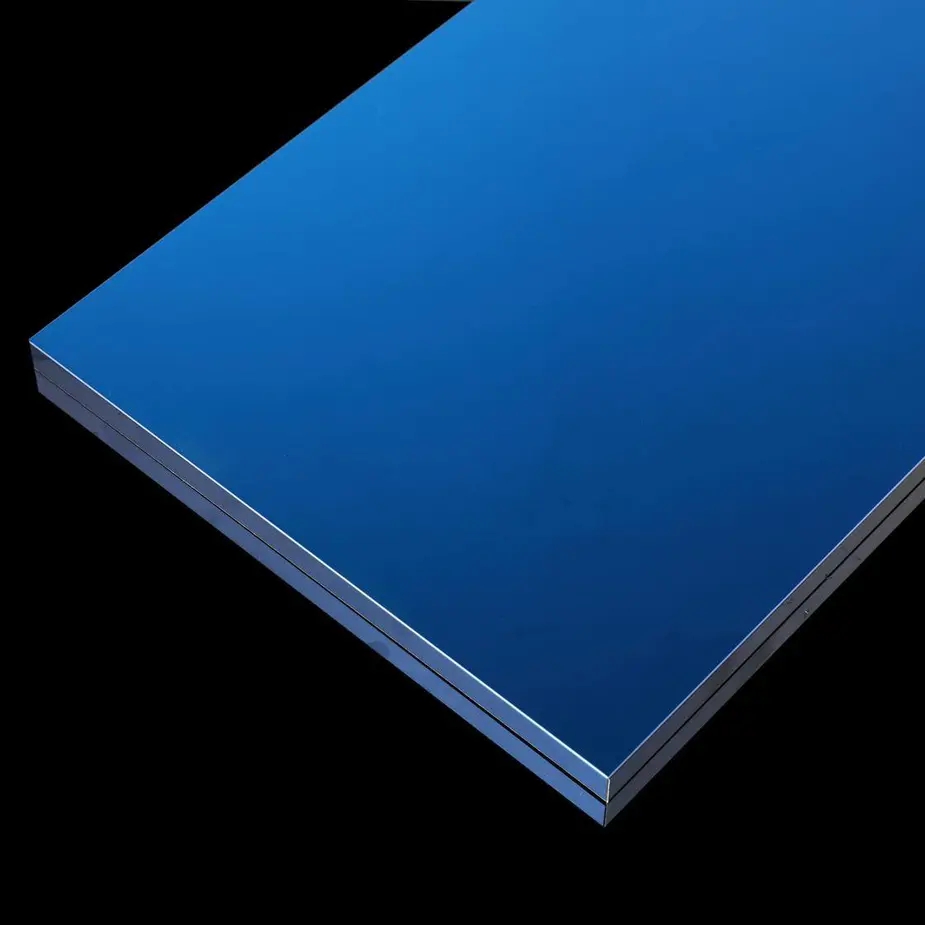
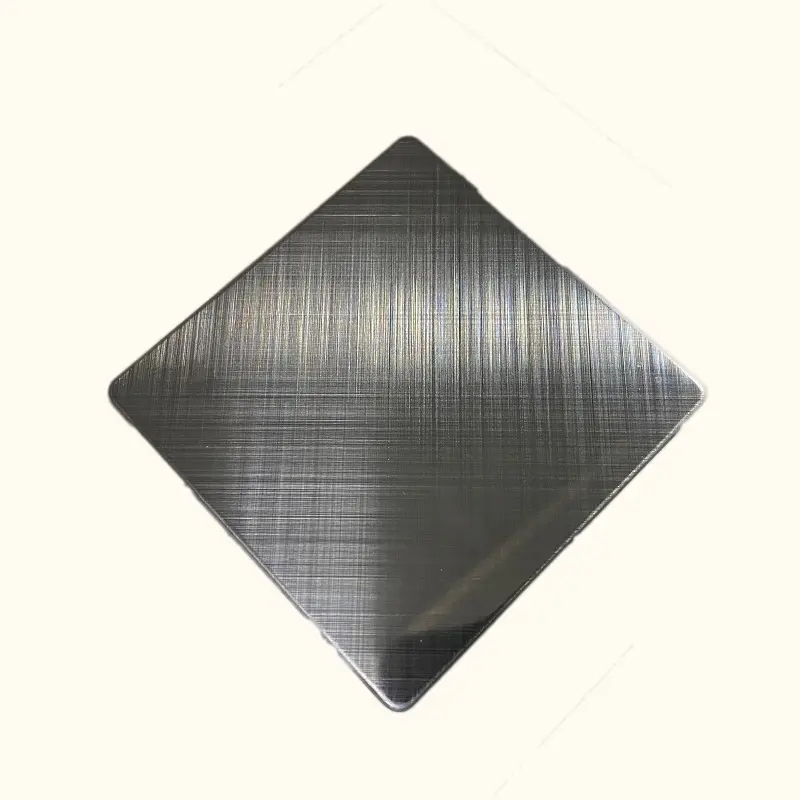
.jpg)
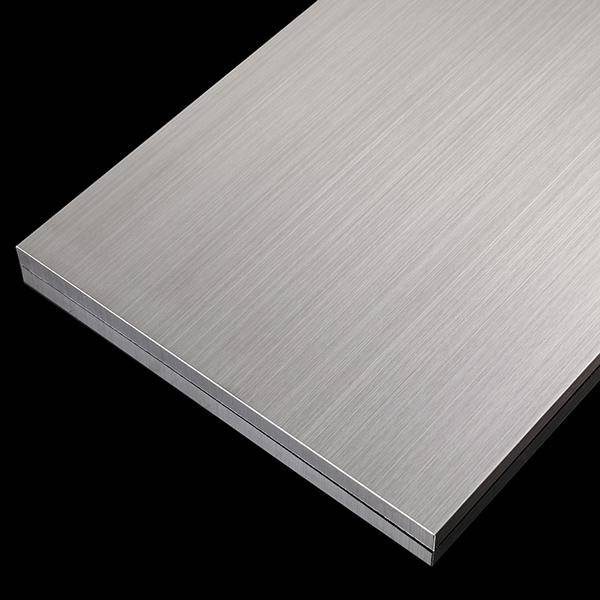
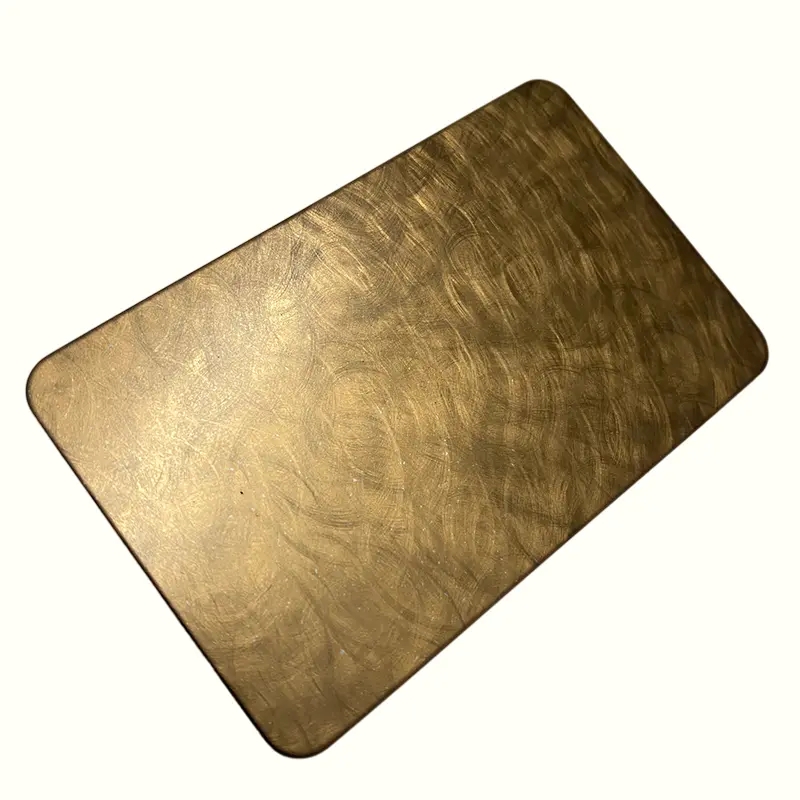
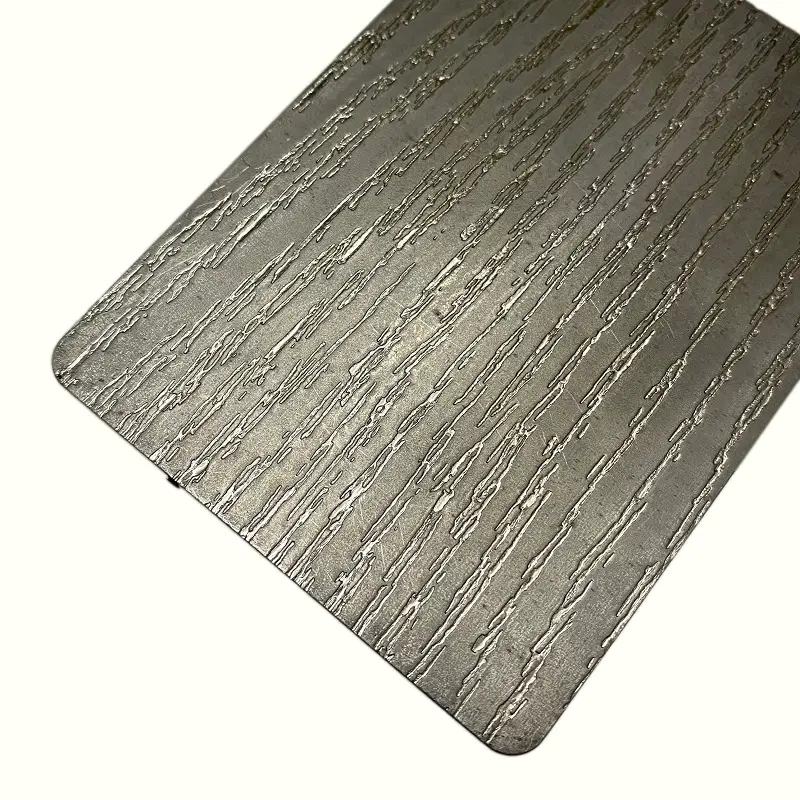
.jpg)
